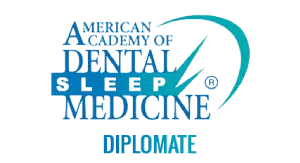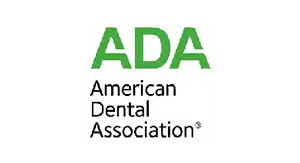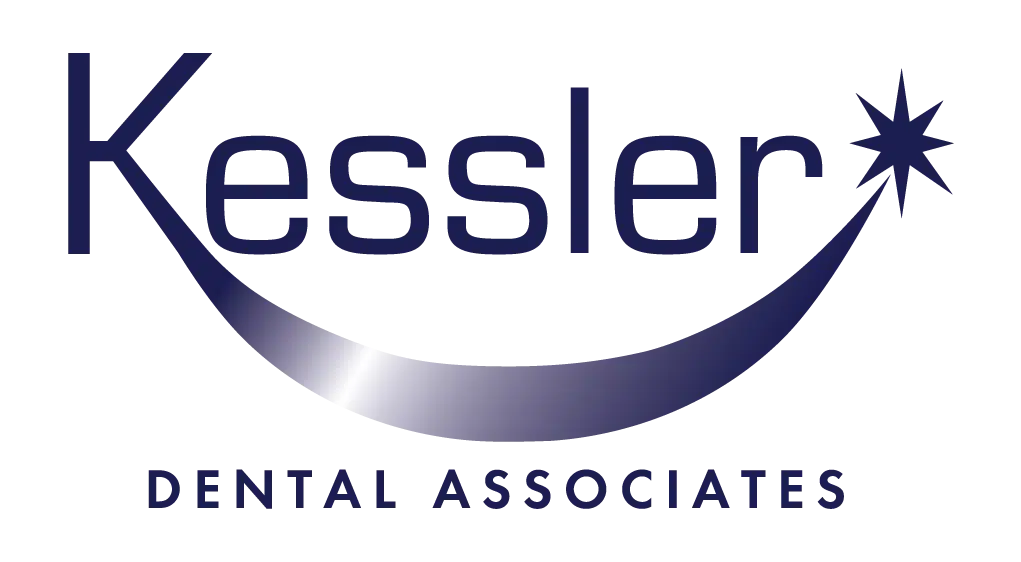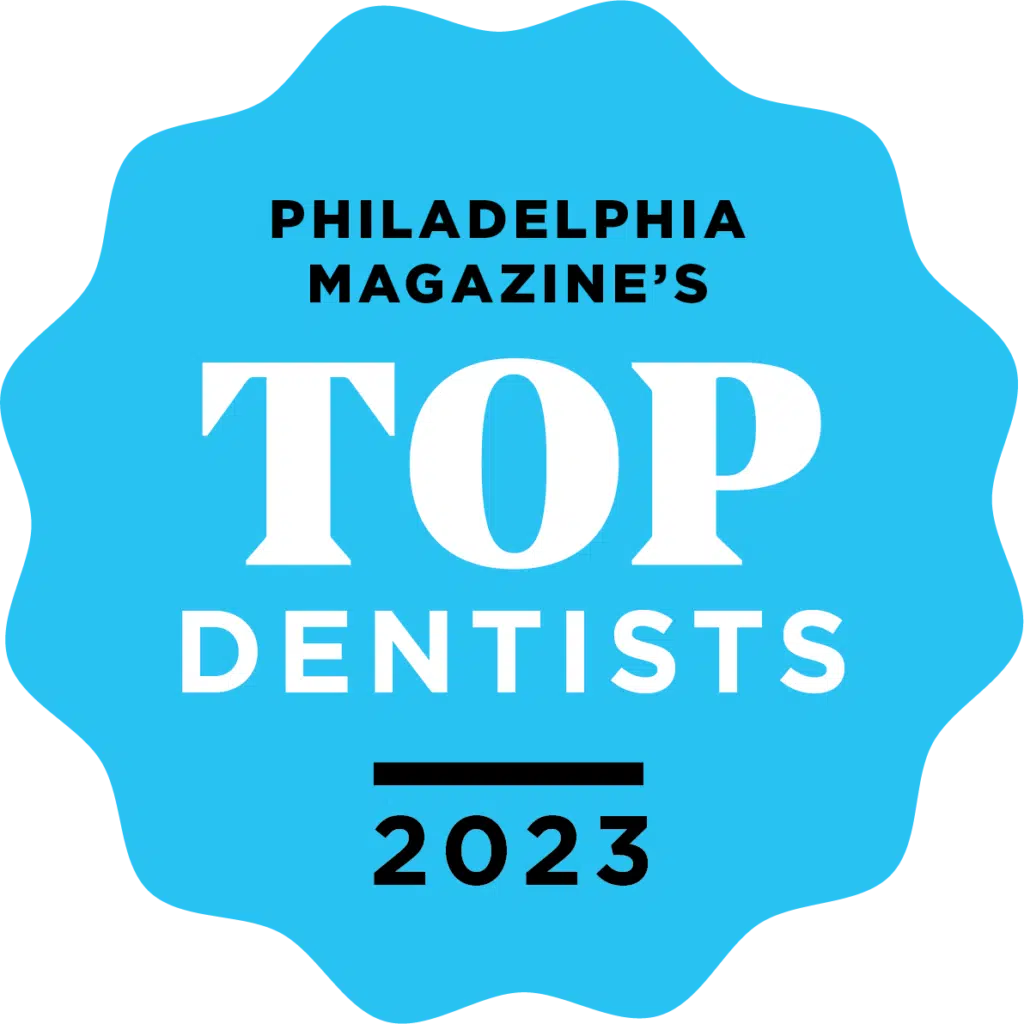
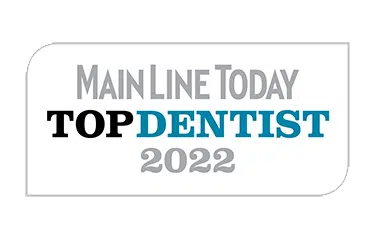


State-Of-The-Art Dentistry
You deserve a beautiful smile! And in our office, we use the latest technology to give you the best overall care. Our team stays up-to-date on the most convenient, comfortable ways to provide dental care that best serves your smile!
Under One Roof
Our multi-specialty dental center offers a variety of services at one location, so you won’t have to be referred out-of-office. We offer several ways to afford your care, including our Dental Savings Plan for patients with no insurance!
Community
Focused
As the favorite dentist in Phoenixville PA, we love our community. With a heart for our neighbors, our team goes the extra mile to ensure that each patient receives excellent care, while also giving back to our community whenever we see an opportunity!
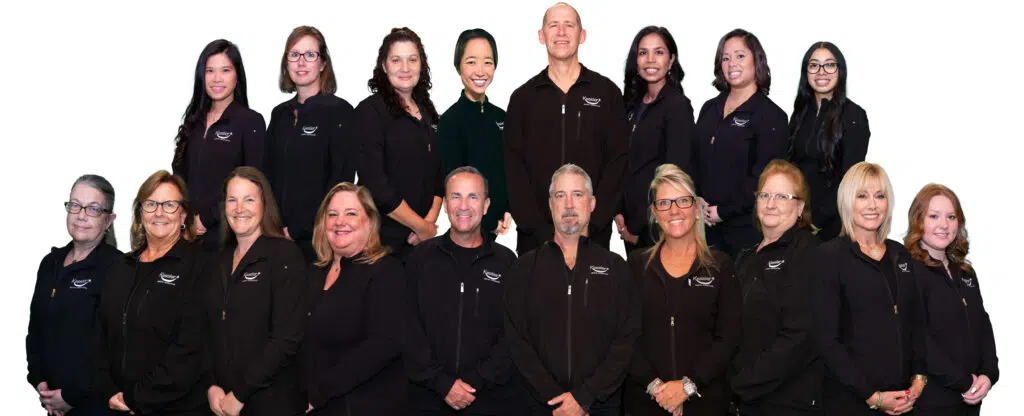
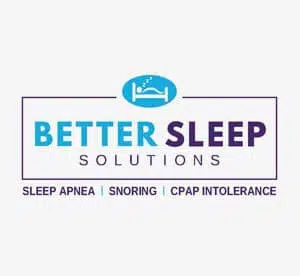








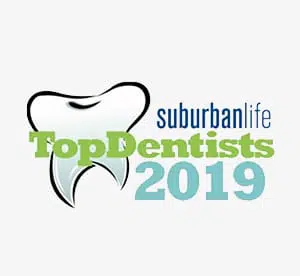
Welcome to Kessler Dental Associates!
5-Star Rated Dentist On Google
Phoenixville dentist
, we’re here to meet your needs and help you reach your goals. With the help of our team, you can experience dentistry in a relaxed and comfortable atmosphere. We look forward to meeting you soon!Complimentary Dental Implants Consultation*
Interested in learning more about dental implants? We invite you to schedule a FREE dental implants consultation. Find out everything you need to know about restoring your smile without spending a dime. Call our team to schedule your visit today!
*New Patients Only
Invisalign®
Dental Implants
Address
Phoenixville, PA 19460
Kessler Savings Plan
Child Complete
$299
/yr
Save $271/yr!
- 2 Professional Cleanings and Checkups
- 2 Professional Cleanings
- 2 Regular Exams
- 2 Fluoride Treatment
- Routine X-Rays
- 1 Emergency Exam
-
Up to 10% off other procedures completed at our practice - 15% Subscription Discount For Family Members
- 15% Promotion
Adult Complete
$399
/yr
Save $249/yr!
- 2 Professional Cleanings and Checkups
- 2 Professional Cleanings
- 2 Regular Exams
- 2 Oral Screenings
- Routine X-Rays
- 1 Emergency Exam
-
Up to 10% off other procedures completed at our practice - 15% Subscription Discount For Family Members
- 15% Promotion
Perio
$599
/yr
Save $395/yr!
- 3 Perio Maintenance Procedures and Checkups
- 3 Perio Maintenance
- 2 Regular Exams
- 2 Oral Screenings
- Routine X-Rays
- 1 Emergency Exam
-
Up to 10% off other procedures completed at our practice - 15% Subscription Discount For Family Members
- 15% Promotion
Testimonials
What Our Patients Are Saying

Jeanene P.Facebook

Debbie H.Yelp

Adam D.Google

Kathleen O.Facebook

Neil H.Yelp
Meet The Doctors

Dr. Daniel Green
GENERAL & COSMETIC DENTISTRY
With experience in both general and cosmetic dentistry, Dr. Green helps patients maintain their oral health and feel good about their smile.

Dr. Peter Susanin
PERIODONTICS & DENTAL IMPLANTS
With nearly 30 years of dental experience, Dr. Susanin is known for his expertise in many areas, including the placement of dental implants.

Dr. Pavithra Balasubramanian
GENERAL & COSMETIC DENTISTRY
Dr. Balasubramanian enjoys using her years of experience to help patients work towards reaching each of their dental goals.

